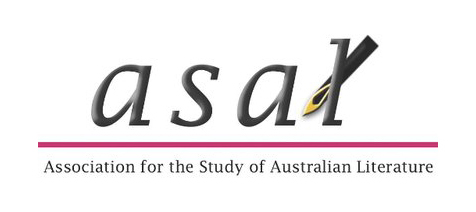29 Mar CFP: Featured Topic in Antipodes
A GLOBAL JOURNAL OF AUSTRALIAN AND NEW ZEALAND LITERATURE
Disability Representation in Australian Genre Fiction:
Orthodox Approaches and New Directions
The emergence of disability studies as an interdisciplinary field in the last 30 years has led to increased theoretical attention directed towards representations of disability and impairment in literary texts. Scholars have identified how physical, cognitive, and behavioral differences are perennially used by authors to signify the compromised moral status of characters (Mitchell and Snyder, Narrative Prosthesis). It has been argued that the tropic misuse of disability has led to negative consequences in how able-bodied people perceive those with disabilities in the real world. Ato Quayson finds that disability representation “is seen as having a direct effect on social views of people with disability in a way that other representations of other literary details, tropes, and motifs do not offer” (Aesthetic Nervousness).
Recent publications such as Cary Findlay’s edited collection, Growing Up Disabled in Australia, and “Writing Disability in Australia,” an upcoming special issue of Australian Literary Studies, suggest that critical engagement with and beyond stereotypical constructions of disabled people in the country’s literature is beginning to surface. This special topic featured in Antipodes directs focus towards representations of disability and impairment in Australian genre fiction. In particular, the featured section seeks submissions that offer recuperative analyses of well-known disabled characters in Australian genre fiction (Hester Harper in Jolley’s The Well, Fish in Winton’s Cloudstreet, Oblivia in Wright’s The Swan Book, to name a few) to provide new ways for readers to engage with corporeal, cognitive, and behavioral differences in literary contexts. The primary questions that submissions will address are: “What kinds of disability or impairment are represented in Australian genre fiction?”; “What are the implications of such representations for the politics or ideologies of the text?”; and “How do these representations reflect or resist debates about disability rights and justice in the Australian context?”.
Topics for articles can include, but are not limited to:
- Disability, monstrosity, “otherness”, and madness in Gothic fiction
- Disability, posthumanism, and multispecies assemblages in science fiction
- Deformity, disfigurement, and disfiguration in the horror genre
- Genre fiction written by Australian authors with a disability
- Intersections between disability studies and the environmental humanities
- Disability and hyperesthesia in science fiction
- Disabled detectives and villains in mystery and crime fiction narratives
Authors are requested to send a full draft of their essay (5500-7000 words) by April 30, 2022, via the journal’s website (see below). All essays should follow the latest MLA citation style and Antipodes guidelines. Please contact the guest editor Liz Shek-Noble ([email protected]) should you have any questions. All essays will go through anonymous peer review and editorial evaluation per the journal’s standard policy. Antipodes is published by Wayne State University Press. More information about the journal and submission process can be found here: https://digitalcommons.wayne.edu/antipodes/


